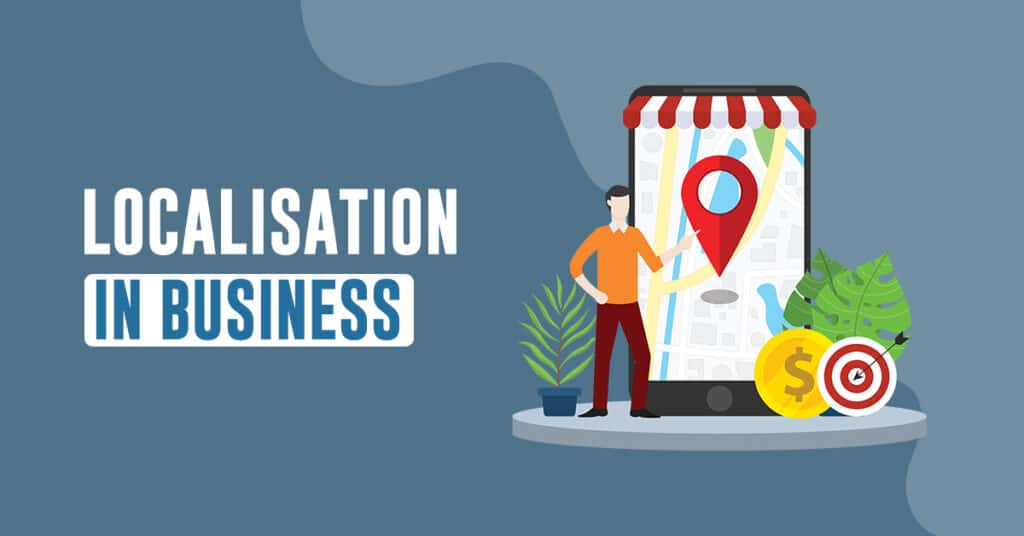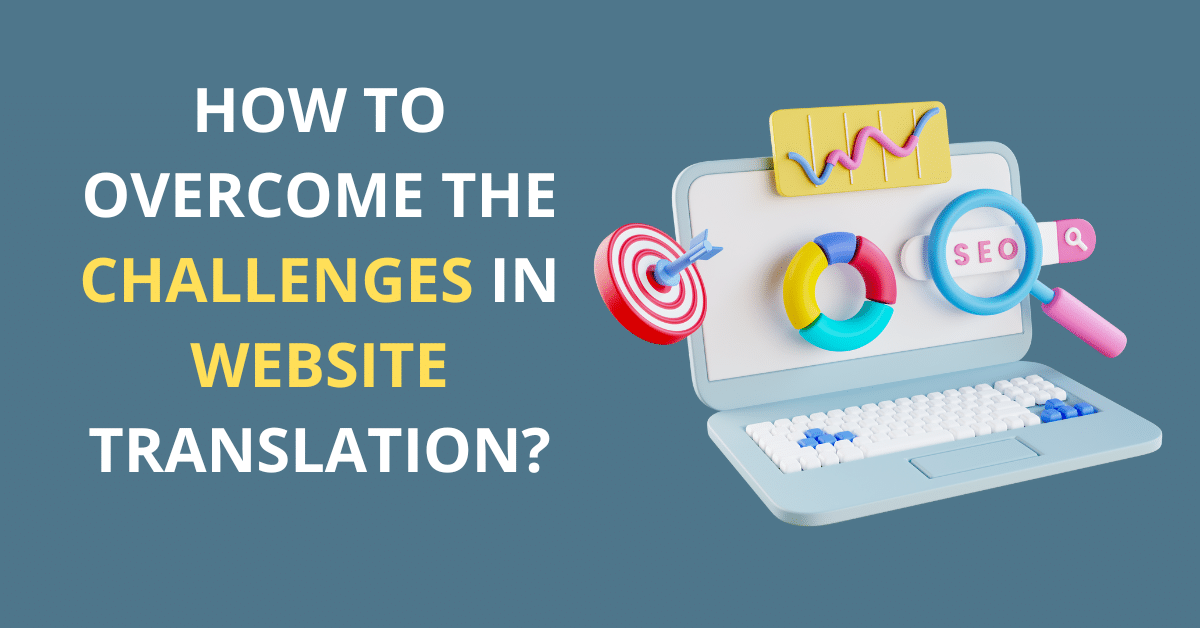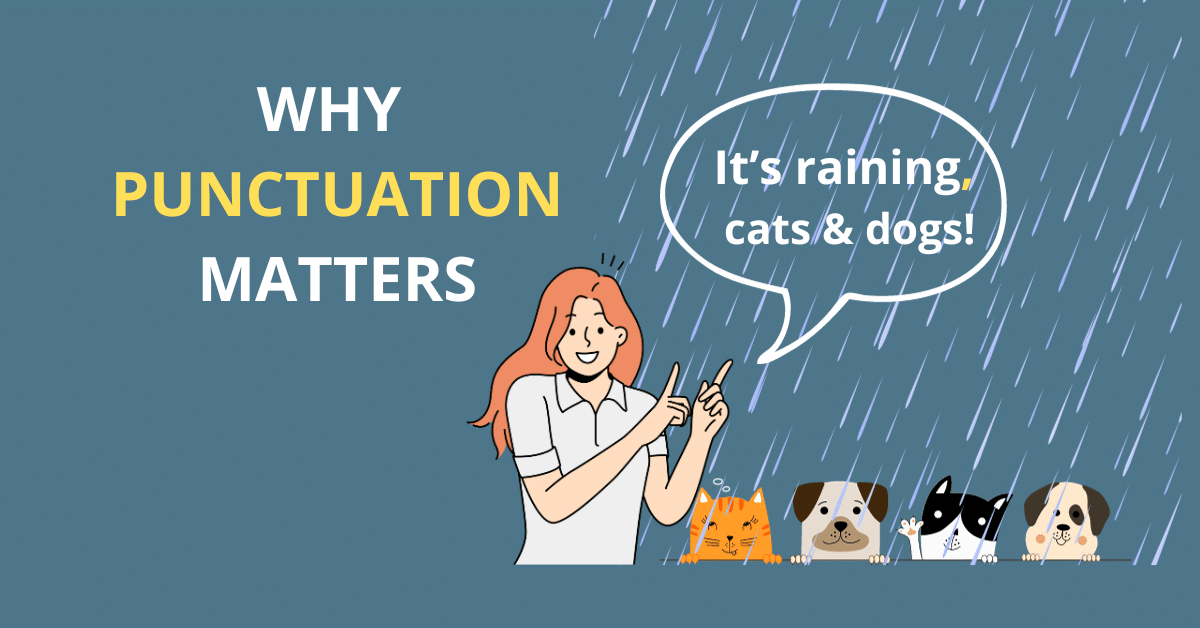Thanks to the internet, social media, and instant messaging apps, contacting people who live not only in different countries but even on other continents is easier than ever before.
At the same time, technological progress has made it possible for companies to enter a new market with relatively little effort.
If you are running an eCommerce website, a considerable portion of your clients might be from countries with languages different from yours.
Translating the descriptions of your products and services would be a step in the right direction.
Unfortunately, numerous examples from the world of business show that without localisation, those efforts might bring unwanted results, damaging the reputation of your business and limiting your revenue.
First impressions matter, and committing a faux pas right after entering a foreign market could bring long-term consequences.
In this article we shall explain what localisation is, and why it’s important in helping to avoid such mistakes.
What Is Localisation?
There is a popular misconception that to localise a product or service is to translate it into another language. Although the translation is indeed part of the localisation process, there’s more to it than that.
It’s not enough for the translation to faithfully convey the same message as the original text – it needs to be tailored to the target culture, or it won’t be as effective.
We all view the world through different lenses, as we are shaped not only by our genes but also by the experiences and people with whom we surround ourselves. However, our culture – a set of specific customs and ideas – has a huge impact on us too.
The variety of different cultures makes the world a fascinating place, though many business owners are likely to discover that it also makes entering new markets more difficult.
Simply by translating your website into another language, you would increase the share of customers willing to choose your products and services, but remember that your company is not the only one that wants to enter new markets.
If you fail to take cultural differences into consideration when preparing the content for your website’s alternative language version, or don’t localise your marketing materials, customers might choose your competitors’ services instead.
The difference in quality doesn’t have to be considerable, but remember that it only takes several clicks to go to the website of a business similar to yours.
Because of that, localisation is key to reaching the full potential of your business, especially since the consequences of doing so can be far-reaching.
Increases the Revenue
Some of the effects of localisation are pretty straightforward: if you localise your texts to suit the local audiences, they’ll be more likely to choose your brand, which will boost your revenue.
It doesn’t matter much if your business is a market leader in a particular niche in your own country. Unless your brand is among the world’s most recognisable ones, you’ll have to earn the trust of local audiences from scratch.
However, this task will be made more difficult if your message doesn’t take into account local customs and culture, as your potential clients will be wary of buying products made by a company that hasn’t put effort into localisation.
Improves Your Company’s Reputation
It’s not that a translated text that hasn’t been localised will be too hard to understand – most likely, your target audience won’t have a problem getting the general message.
Unfortunately, it’s not all that matters.
If you fail to localise your marketing materials, your customers won’t think too highly of your company.
However, in addition to indicating a lack of professionalism, it could have even more harmful effects. Even if your message doesn’t contain any translation errors, it could be perceived as offensive or inappropriate.
Your intentions could be far from this, but we often forget that the same behaviours that are commonplace in some cultures are highly controversial in others.
If you want to enter new markets, you must make sure that your content is localised, as otherwise, you could inadvertently harm your chances of achieving success.
When it comes to marketing, one size does not fit all, and you might need to tailor your message to suit other cultures if you want to avoid any setbacks.
Improves the User Experience
As we have mentioned previously, localisation is not just mere translation. If your business is endeavouring to enter foreign markets, then adjusting your message to fit the cultural context won’t be enough.
Of course you don’t want to insult anyone by mistake, but localisation is also about making the lives of your customers easier.
You might need to convert units of measurement or change the formats of dates.
However, that’s not all.
Some languages are written from right to left, and as a result, you might need to modify the placement of texts on your infographics or billboards, or they’ll be too difficult to read.
Why Your Company Needs Localisation Services
Thanks to technology, entering new markets is easier than in the past, but remember – your brand probably won’t be the only one in a particular niche trying to attract the attention of the customers.
Because of that, even if your company is offering an excellent product or service, you must be prepared for the fact that you’ll be competing against already established businesses, and it won’t be an easy task.
That’s why localisation is an absolute must if you want customers to give your brand a chance. Even though localisation by no means guarantees success, it is a necessary step, without which your endeavour will be likely to fail.
By conducting research about foreign markets, you’ll be able to learn about customer behaviour and adjust your strategy accordingly.
However, if doing all of this seems like a daunting task, then we’ve got good news: you are in the right place. Our translators have years of experience translating texts to and from 140 languages, which means that there is an excellent chance that we’ll be able to help you, no matter which market you intend to enter.
With our localisation services, you won’t have to worry about being misunderstood by your customers. Our translators know how to make sure that the translated texts have the same impact as the original ones, helping you expand your customer base. If you need localisation services then don’t hesitate to contact us, we’ll be glad to help.




